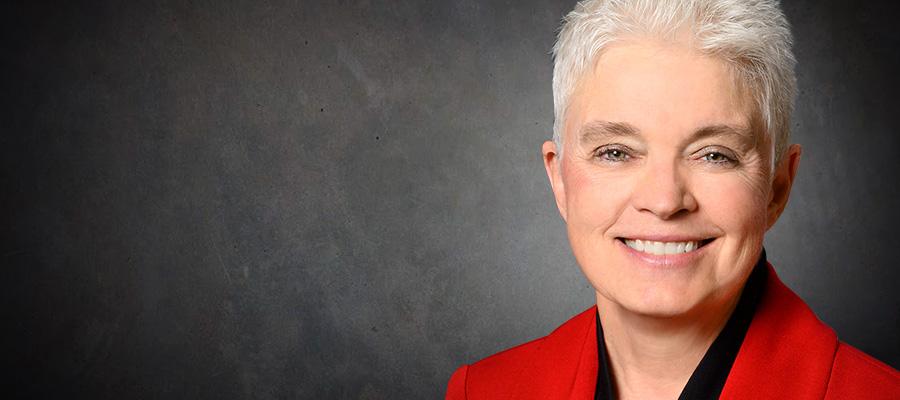Chair File: Supporting our caregivers in every way possible.

America’s health care workforce is among the most highly skilled and highly trained in the world. But the COVID-19 pandemic has created new challenges and exacerbated others.
As a physician, I know that even in normal times, health care delivery is hard and tiring work. For far too long we have discussed the critical issue of increasing burnout and the importance of fostering resiliency. Earlier this year, in fact, I co-authored an article with my health system’s board chair Tom Wagstaff on how it will take a team effort to combat this issue.
The COVID-19 pandemic makes it even more critical that our care providers find ways to recharge and keep up the fight.
And there are ways to do it.
AHA’s Physician Alliance has developed new resources including webinars, podcasts, case studies and other materials that offer strategies for recovering physical and mental health and energy. This pandemic must be managed by professionals who are not only skilled and knowledgeable, but who are also well supported, valued and protected. This is the goal of the Physician Alliance, and I believe it will have a significant impact on how we weather this crisis.
The AHA also has compiled resources from experts across the health care field to help clinicians and hospital team members manage the daily stress and anxiety.
My own organization, Saint Luke’s Health System in Kansas City, Mo., is implementing new ways to remind our incredible team that we are behind them 100%. For example, we have created a central labor pool for employees whose roles have been reduced or can’t be done from home. This allows staff to be redeployed to serve in new and different ways, ensuring us a full workforce and avoiding the need for layoffs or furloughs. Additionally, our COVID-19 employee assistance fund helps ease the financial pressure some of our dedicated health professionals have been experiencing.
With education, training and support, it is possible to combat and reverse burnout, build resiliency and improve coping skills. This is a top priority, especially now, for the benefit of our organizations, our teams and every patient.
Our caregivers are brave, compassionate and heroic. But they also are people with the same concerns as everyone else. Let’s continue to support them in every way possible. For more ways to do that, see AHA CEO Rick Pollack’s April 10 Perspective.

